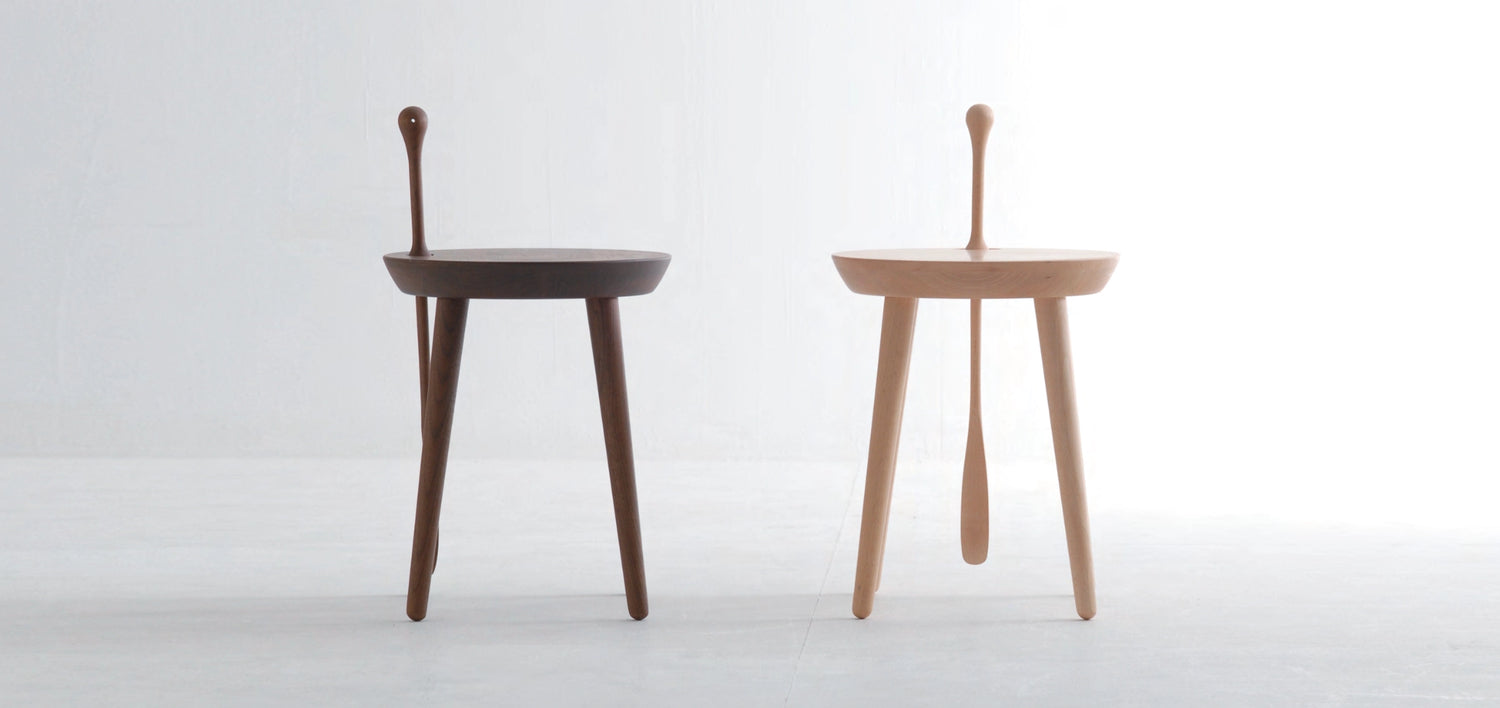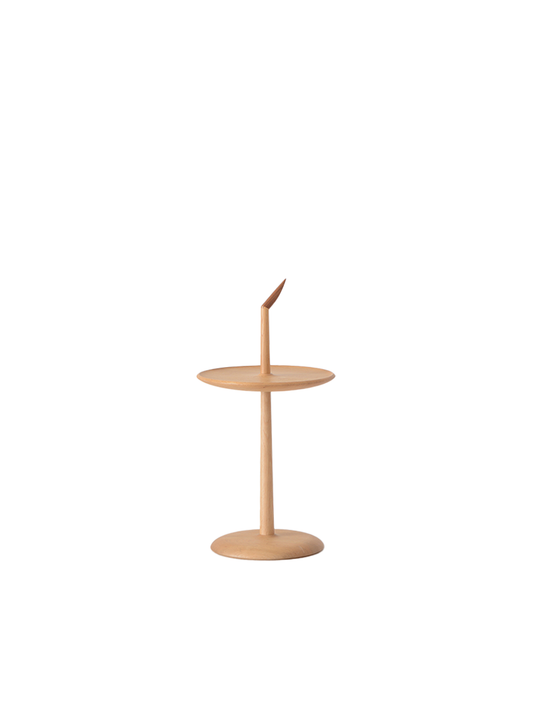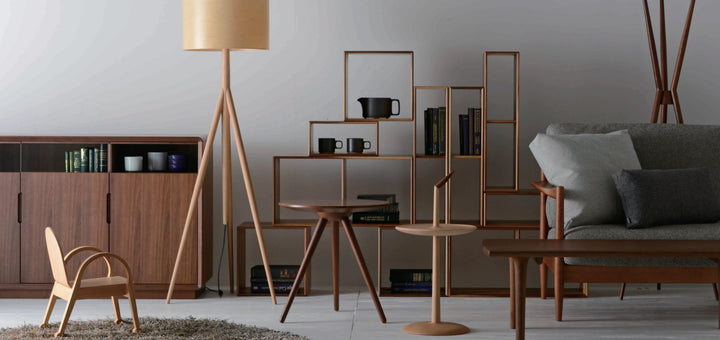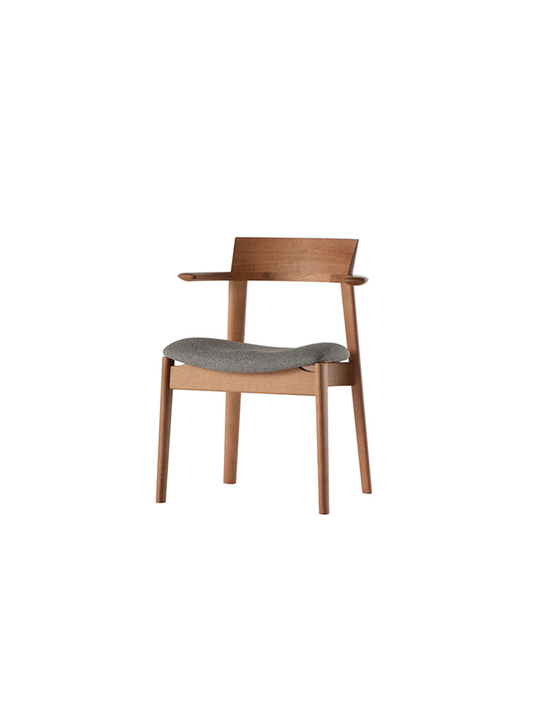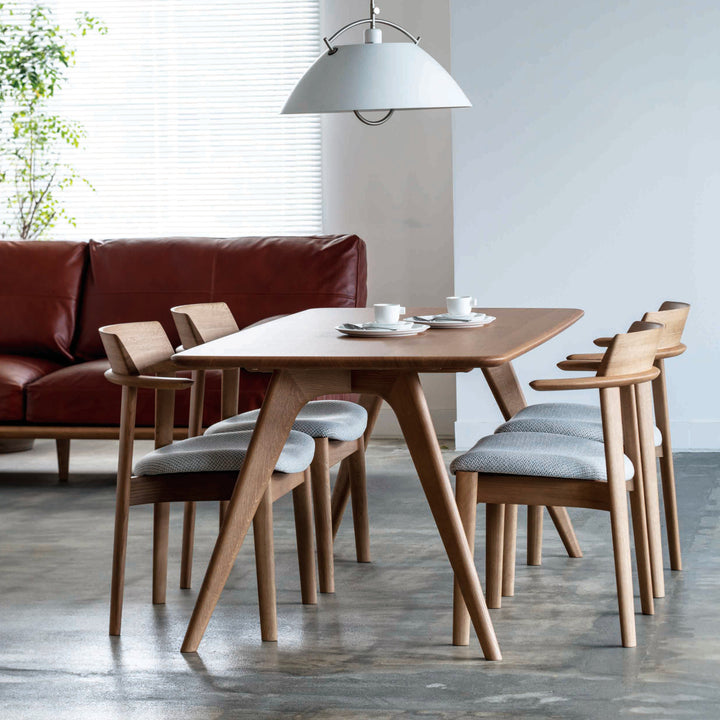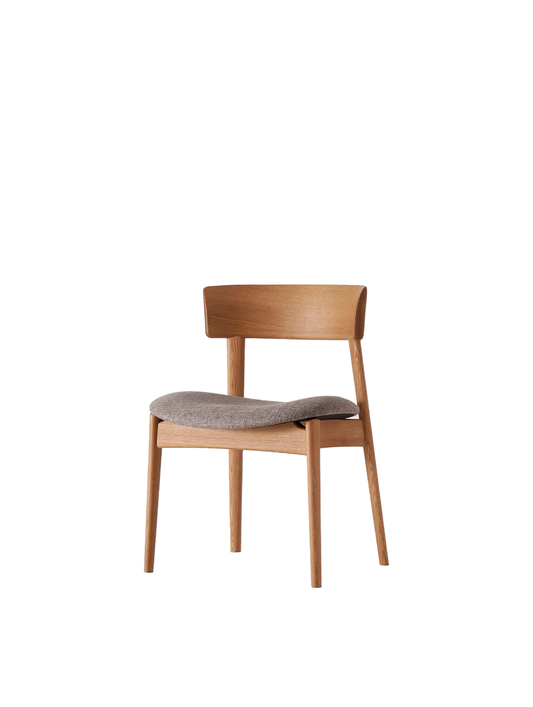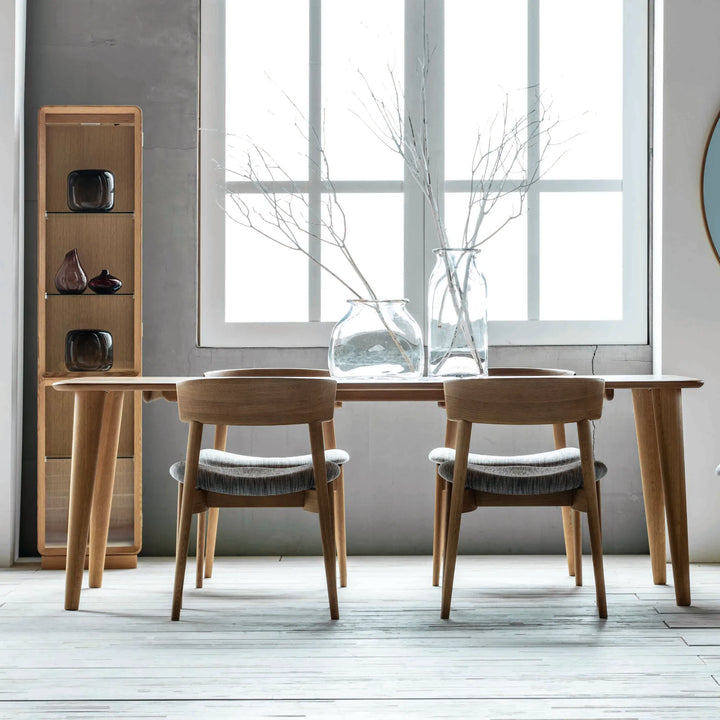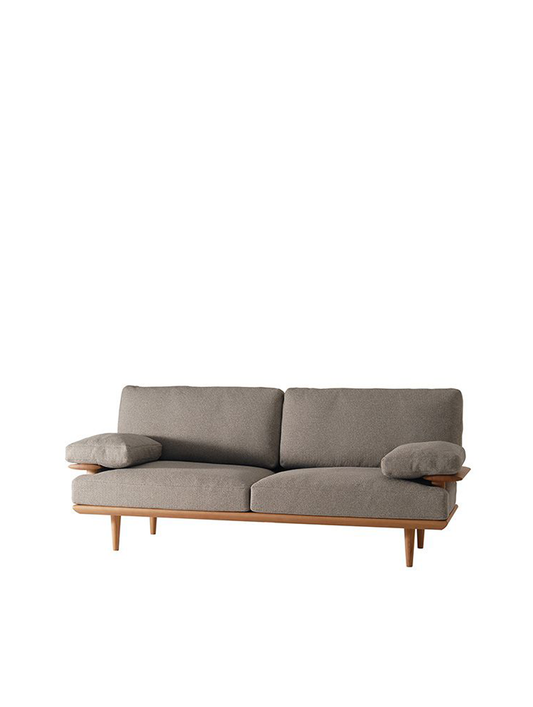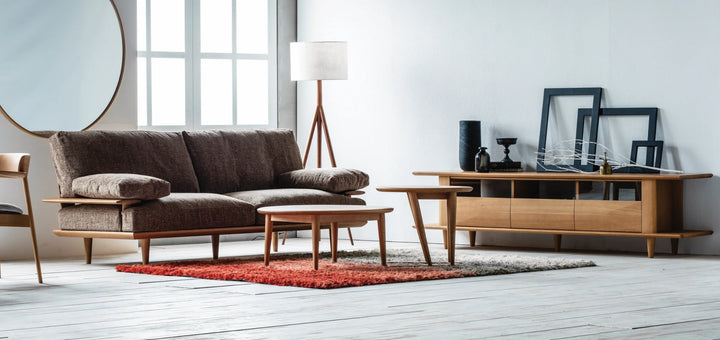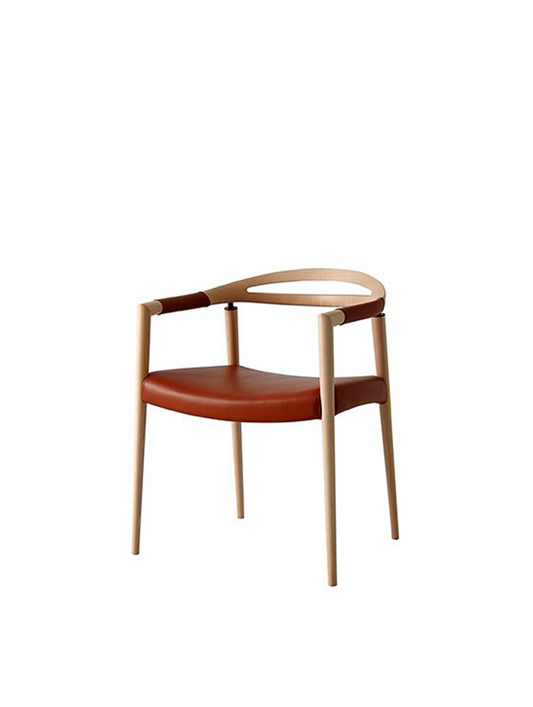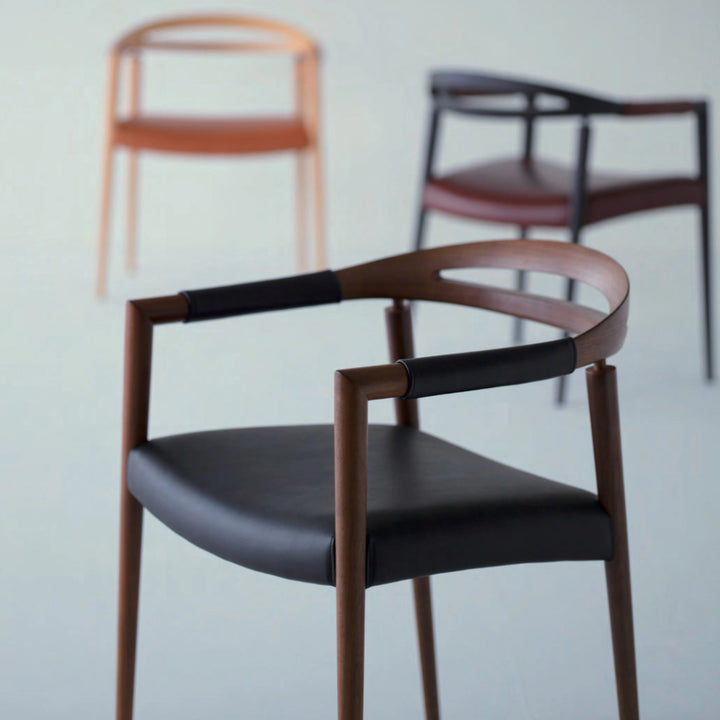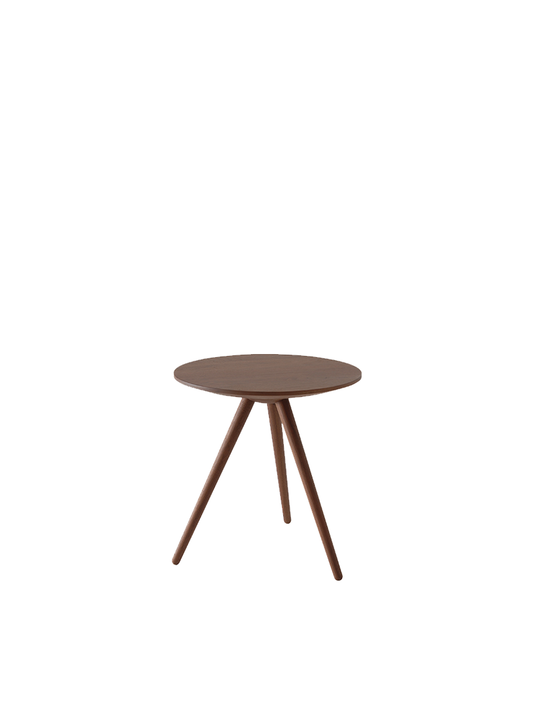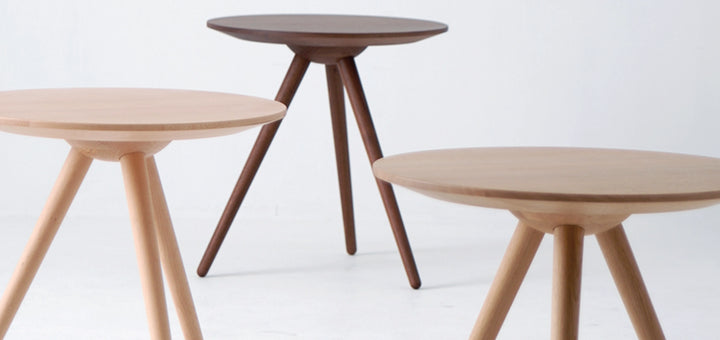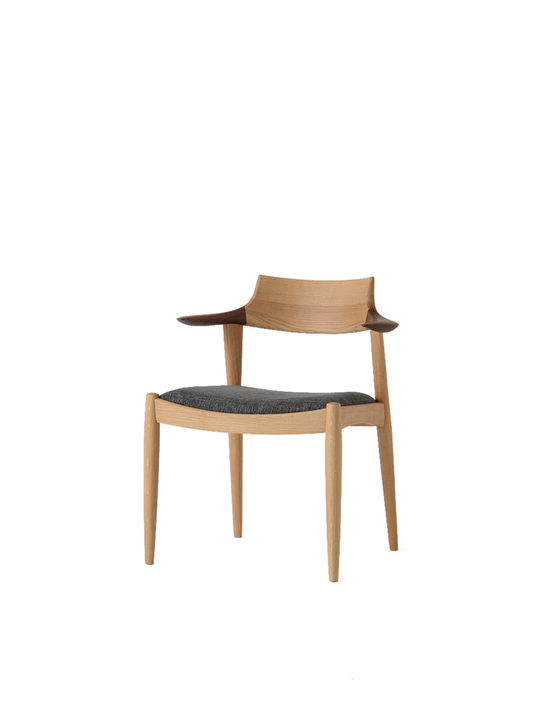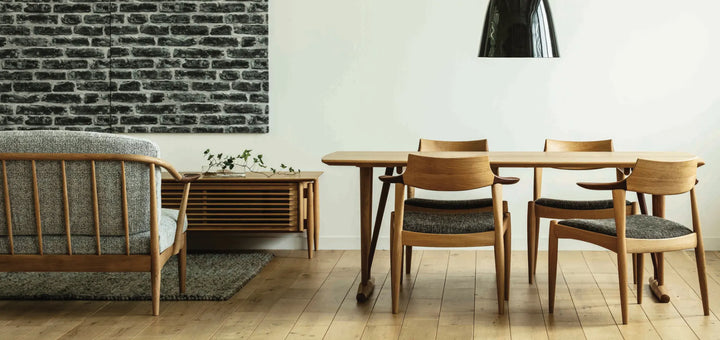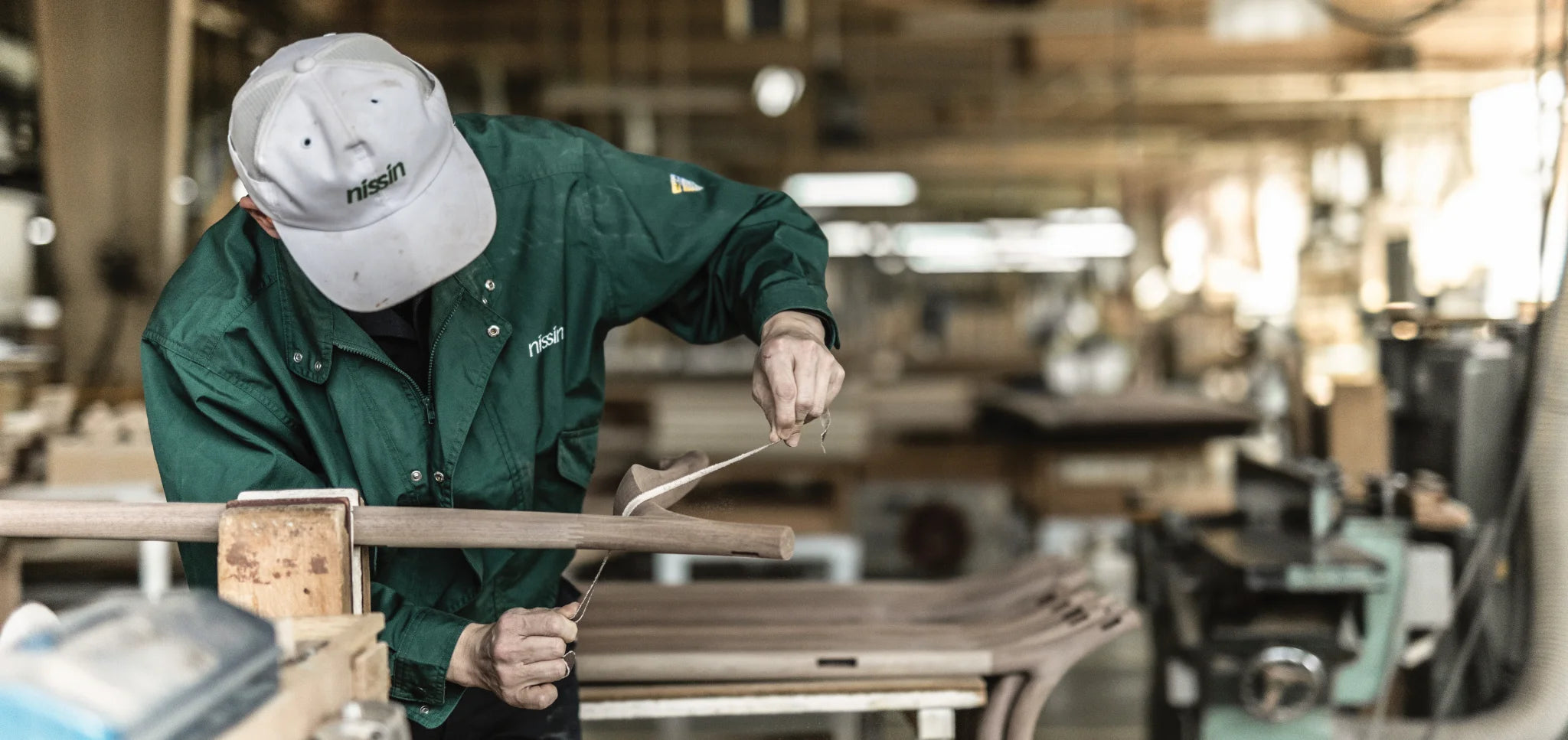Your cart is empty
Keep Shopping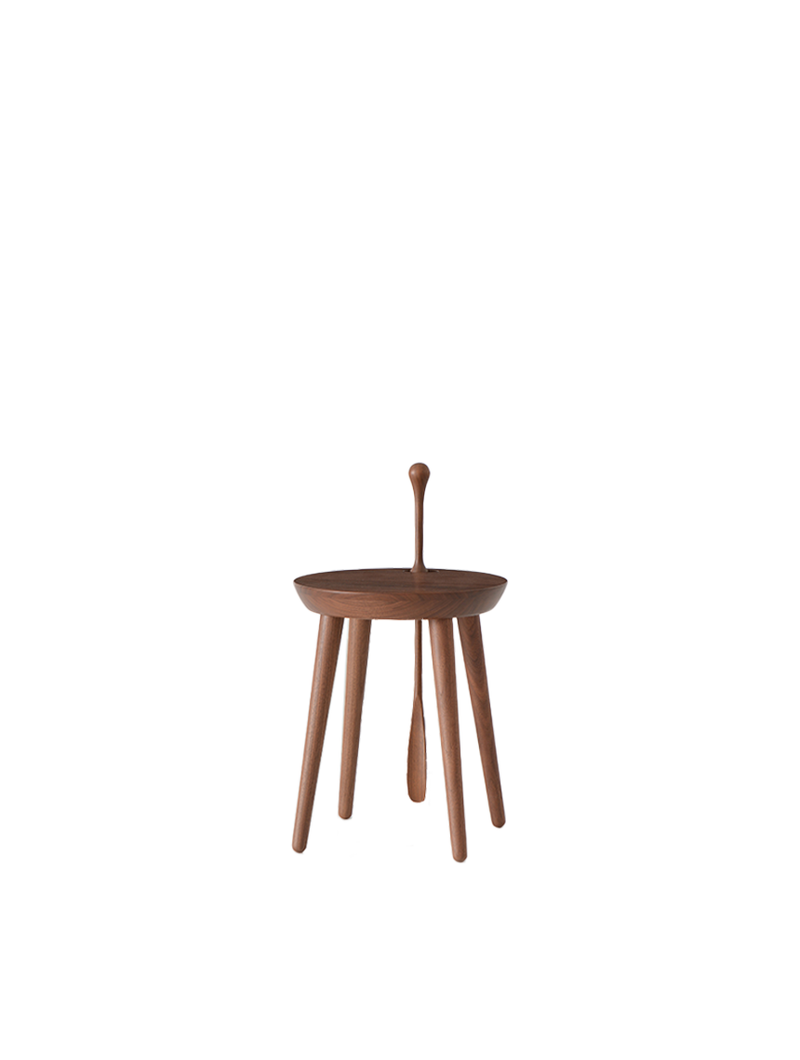
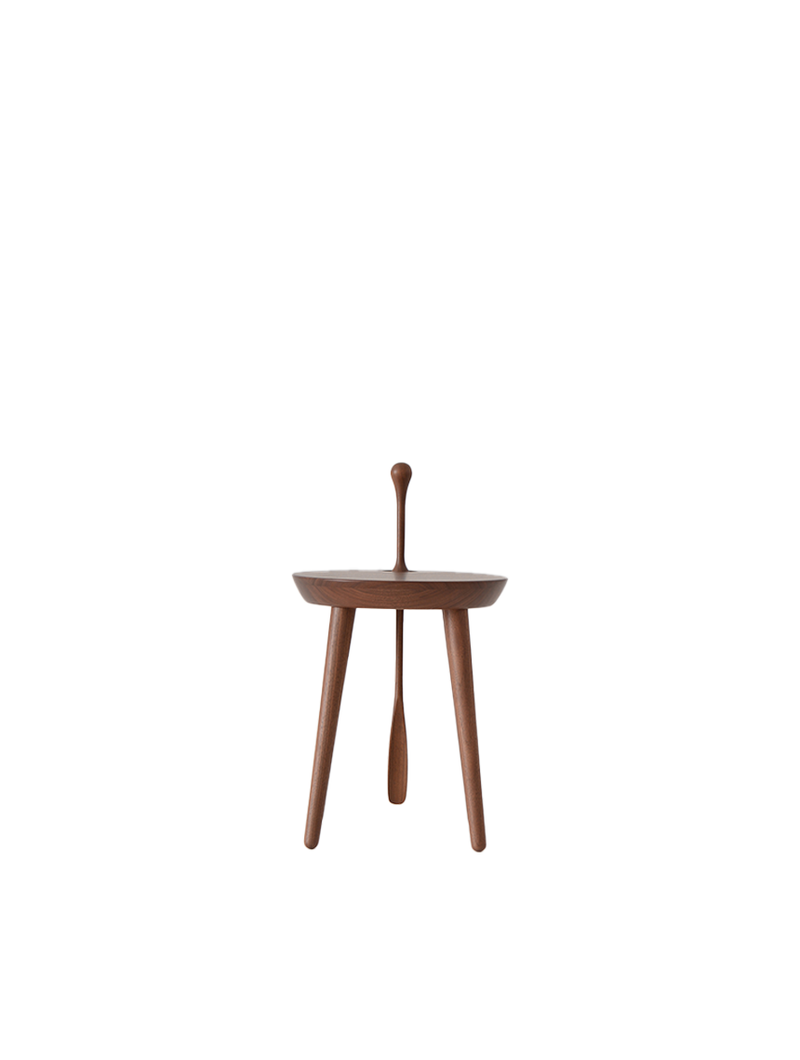
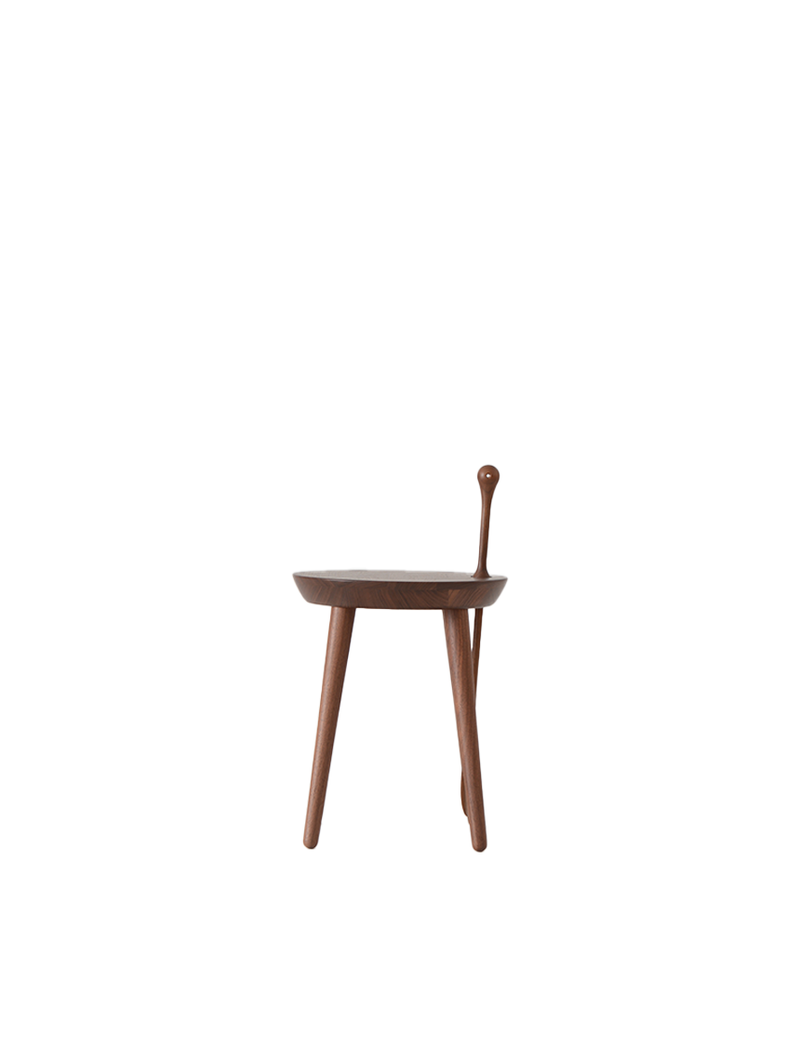
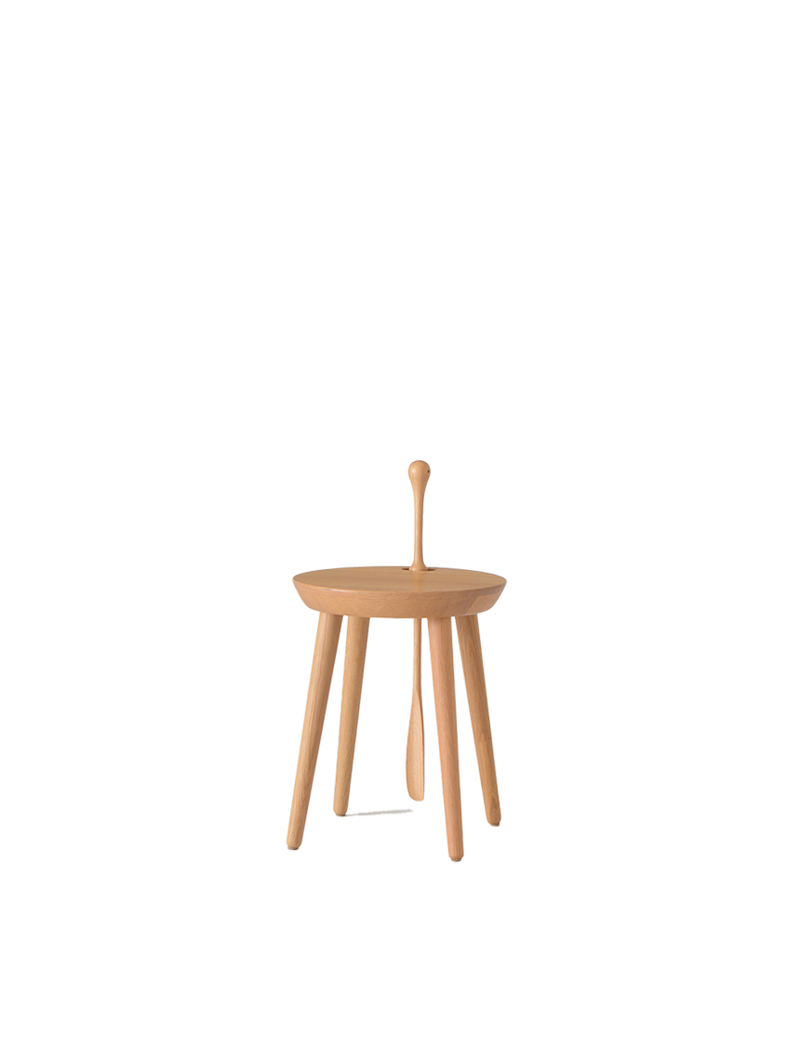
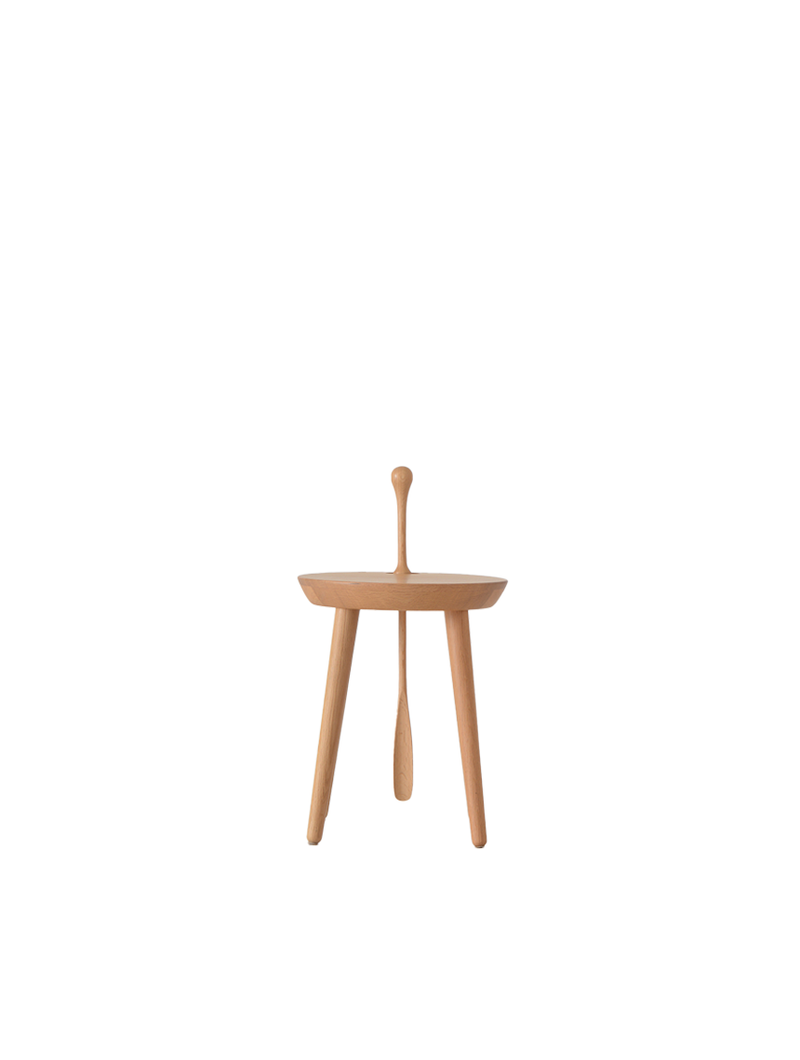
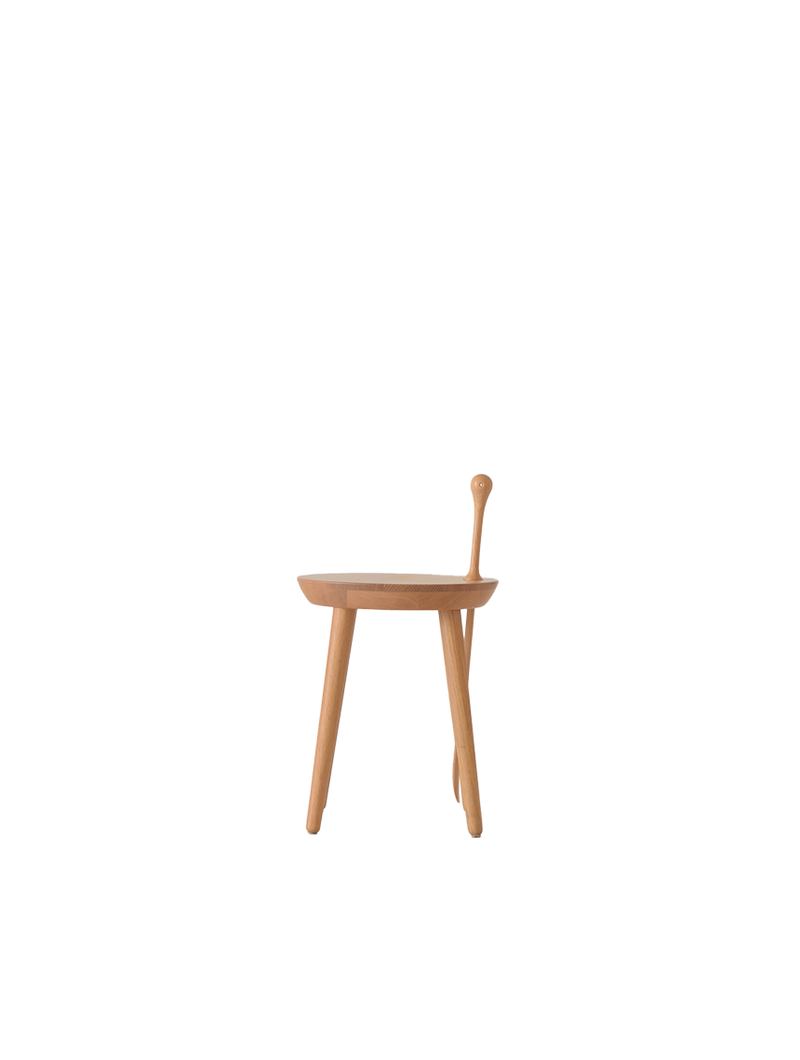
STEP STEP is a stool with an accompanying shoehorn designed by multi-award-winning designer Motomi Kawakami, who has gotten inspiration from his own routine. The seat has a hole for a shoehorn. Using a simple knock-down system, the stool comes in compact packaging. The stool is easily assembled by screwing the threaded wooden legs into the seat without the use of any tools
W335 x D335 x H410 mm
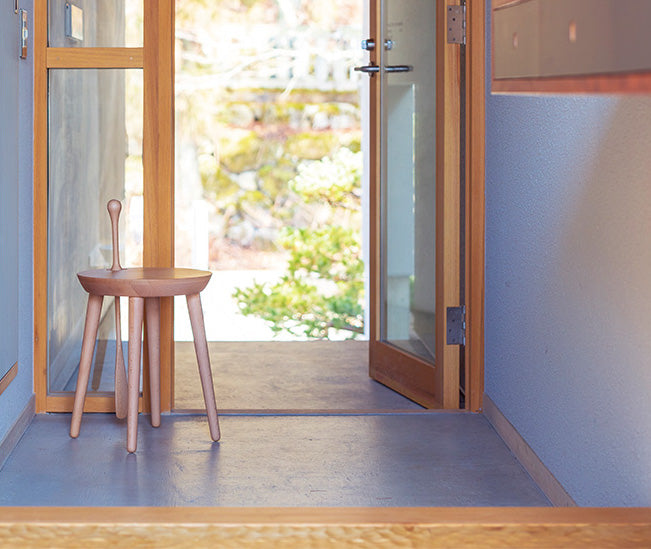
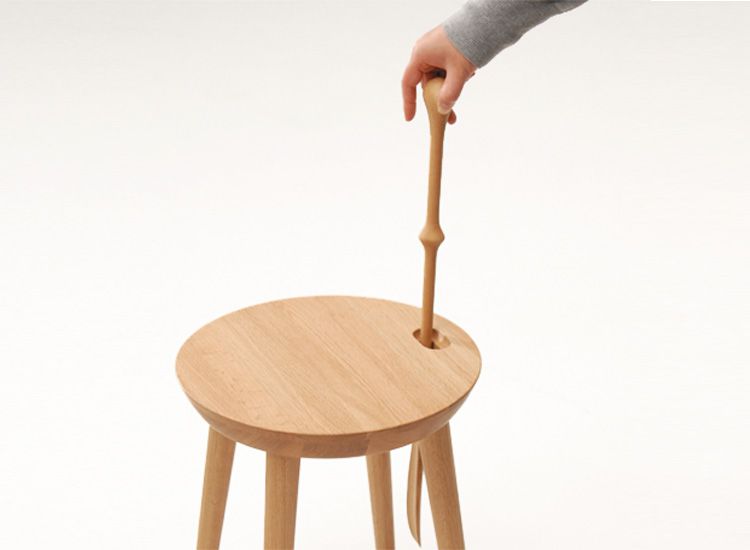
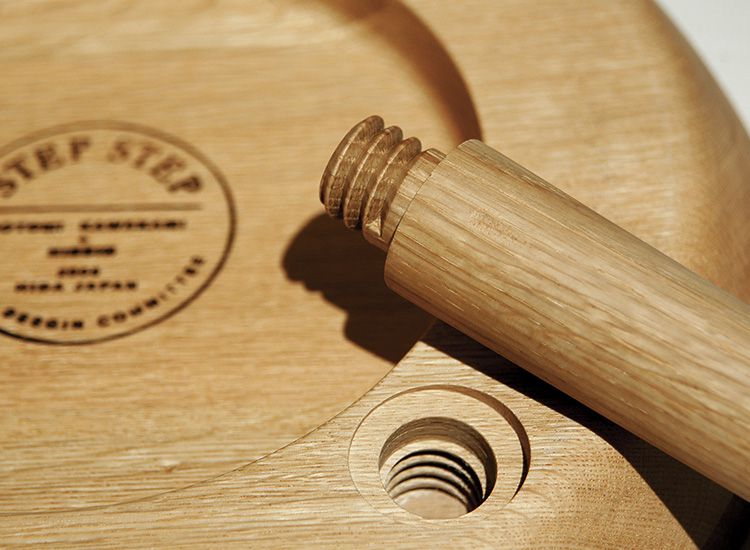
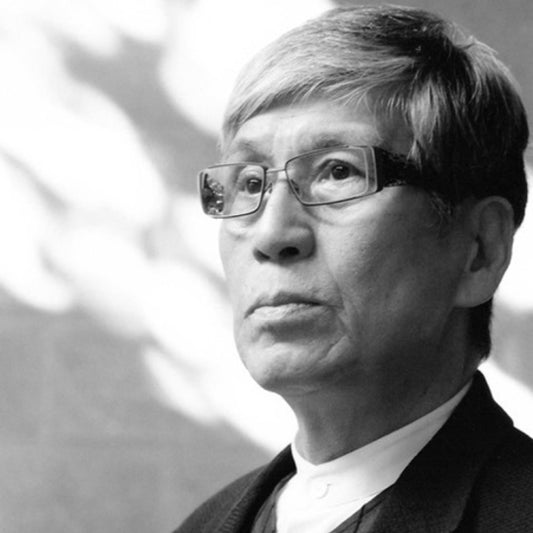
Born in Hyogo prefecture in 1940. After graduating from Tokyo University of the Arts, he worked for Angelo Mangiarotti Architects (Milan), and later established his studio, Kawakami Design Room in 1971. He aims at creation with humanity in the design of environment, furniture, space, etc. Quodo and SESTINA, the items he designed for CondeHouseare popular and long-selling. While engaged in activities in design organizations and human resource training, he has contributed to the development of the International Furniture Design Competition (IFDA) for more than 30 years, such as articipating in the annual tree planting activity in Asahikawa. "The design industry is required to comprehensively solve the social and cultural problems such as environmental and resource-shortage problems, an aging society, etc. I aim at design that embodies natural, truly rich, and comfortable life, from a social and ethical perspective, based on the aesthetics and consciousness developed in a practical way of thinking."

Nissin Mokkou was founded in 1946 in Hida Takayama, Gifu Prefecture. Since their establishment, their design principle has prioritised our customers’ needs. In contrast, they designed and crafted our furniture, which led them to become one of the most symbolic Hida furniture due to its adaptability and diversity. The roots of their design style trace back to their visit to Scandinavia in 1963. They combined the essence of Scandinavian design with traditional Japanese craftsmanship from Hida and developed a series of products that are practical, accessible, and durable. Their core value is to deliver high-quality, modern, and simple furniture to allow our users to allocate it in various living spaces. Their success is attributed to our craftmanship, vision, and excellent use of materials. To continue this legacy, we name ourselves “Nissin”, referenced from an old Japanese phrase “Nissin Geppo,” meaning progressing consistently, to remind them not to stagnate but to improve and be innovative at all times.
Read more